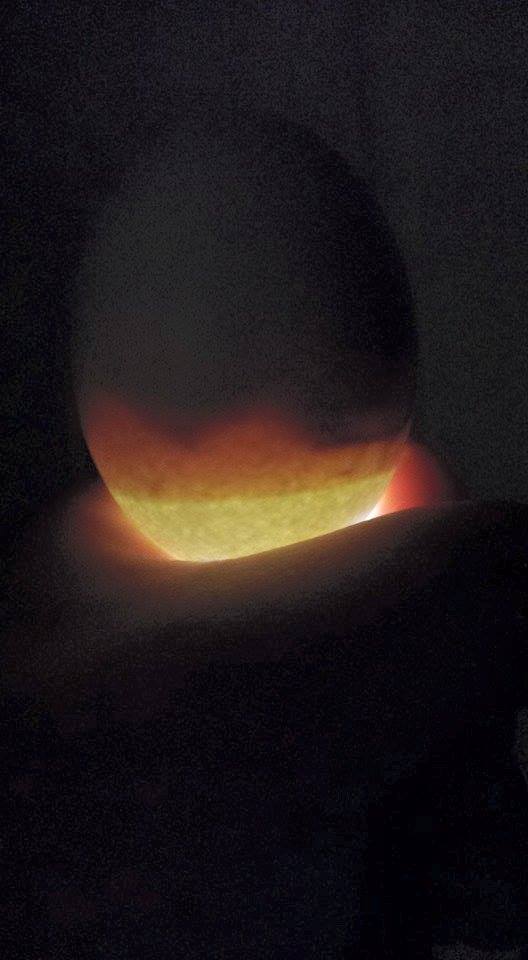- Mar 26, 2014
- 20
- 2
- 67
It's a built-in digital humidity meter. I am supposing that it is accurate.
Follow along with the video below to see how to install our site as a web app on your home screen.
Note: This feature may not be available in some browsers.
It's a built-in digital humidity meter. I am supposing that it is accurate.
Please try again your rewards will out weigh the loss. Try higher humidity next time for the first eighteen days, I would go up to 60 percent then raise it ten to fifteen percent the last three days, Keep trying! Don't quit,QUESTIONS::::: I did my first hatch Feb 20, and I have NO pips and NO ChIcks...someone said my air cells weren't big enough for day 21 I kept my humidty at 50-55%...1-18 and tried to get it about 60-65 for 18-21...im scared to try another batch in fear ill kill them all again.....I did 9 eggs and NONE hatched.... ( I have a little giant bator circulated fan was at 99.5 I have little reptile humidity gage from petssmart and my thermometer was on the grey rack with the eggs but not on them...we candled ay 18 and saw movement and were all excited and now nothing and its day 23...... these are from this AM



I respectfully disagree. The air cells are small for this stage of development, and it looks like the chicks died just at the point they should have internally pipped.Please try again your rewards will out weigh the loss. Try higher humidity next time for the first eighteen days, I would go up to 60 percent then raise it ten to fifteen percent the last three days,
Keep trying! Don't quit,
I agree with the increased humidity at hatch. It's the first 18 days that concern me, there is a large amount of fluid left in the egg that should have been absorbed by the chick, and the air cell should have increased in size.As contrary as it sounds the more humidity that you have (up to about 90%) the last 3 days the quicker your chicks will hatch out, dry off, and fluff up. Also quick hatching is best for the chicks because they don't have to squander their limited strength trying to kick their way out of a dry elastic egg membrane. Remember that the piping chick must turn or rotate itself INSIDE the eggshell, cutting or sawing the eggshell in two with the only tooth a chicken will ever possess, its egg tooth.